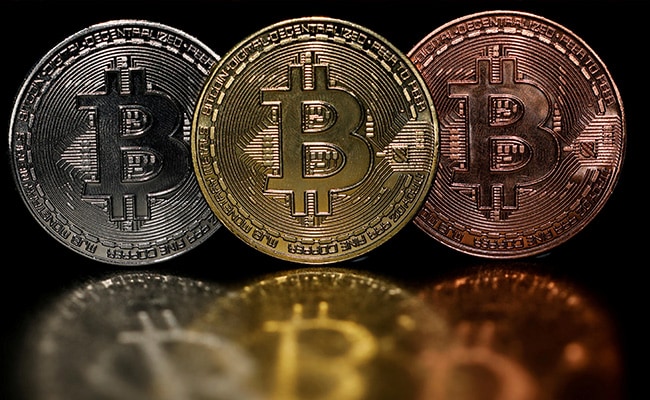In a move that sent ripples through the cryptocurrency market, the United States government transferred nearly $600 million worth of Bitcoin to Coinbase on August 15. While the massive transaction initially raised concerns about potential selling pressure, experts believe a market-moving dump is unlikely.
According to on-chain analytics firm Arkham Intelligence, the transfer involved a staggering 10,000 Bitcoin. The digital assets were sent to a Coinbase Prime deposit wallet, sparking speculation about the government’s intentions.
Ryan Lee, chief analyst at Bitget Research, tempered expectations of an imminent sell-off. He emphasized that the recent partnership between the US Marshals Service and Coinbase Prime for safeguarding and trading large digital assets could explain the transfer. The possibility of the government using Coinbase as a custodian for its Bitcoin holdings, similar to its role for US ETFs, cannot be ruled out.
Furthermore, Lee highlighted the impracticality of a sudden $600 million Bitcoin dump, given its potential to significantly disrupt the market’s liquidity. The current market conditions, he added, make a large-scale sell-off improbable.
Also Read: SEC Greenlights 175% Leveraged Bitcoin ETF -MicroStrategy Stock On Fire
The 10,000 Bitcoin transferred to Coinbase originated from the Silk Road, a notorious darknet marketplace dismantled in 2013. The US government seized a total of 50,000 Bitcoin from the platform, making the United States one of the world’s largest Bitcoin holders. Presidential candidate Donald Trump has even pledged not to sell the government’s Bitcoin holdings if elected.
While the transfer of such a substantial amount of Bitcoin is undoubtedly noteworthy, it appears the crypto market may have dodged a potential bullet. For now, investors will be watching closely to see if the US government’s next move will involve trading or simply holding onto its digital assets.
Disclaimer: The information in this article is for general purposes only and does not constitute financial advice. The author’s views are personal and may not reflect the views of Chain Affairs. Before making any investment decisions, you should always conduct your own research. Chain Affairs is not responsible for any financial losses.
I’m your translator between the financial Old World and the new frontier of crypto. After a career demystifying economics and markets, I enjoy elucidating crypto – from investment risks to earth-shaking potential. Let’s explore!




